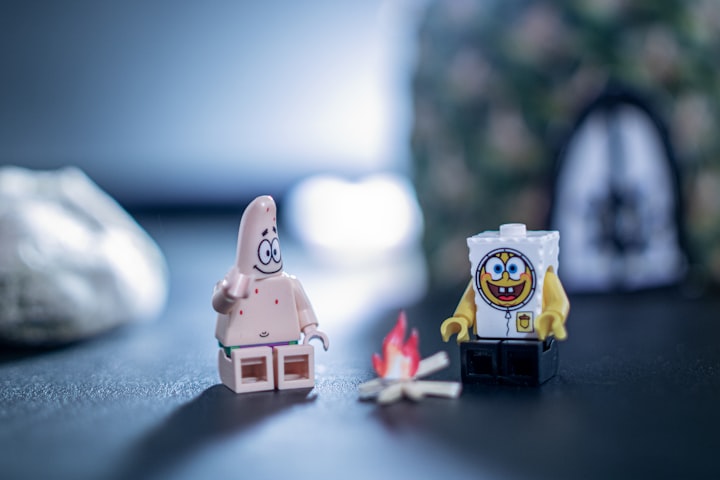The Meaning Of Life
Finding meaning through meaninglessness
A question I’d conjecture we’ve all pondered at one time or another in our lives; indeed, a question that has found the curiosity and obsession of countless intellectuals throughout history, from Plato to Nietzsche and beyond: What is the meaning of life?
The answer, or, at least what I came to accept as an answer, eluded me for years – ever since I was first confronted with notion in 2005, when ‘The Hitchhiker’s Guide to The Galaxy’ had popularized the timeless query and responded to it with the comical but ultimately unsatisfying solution: “42”.
It wasn’t till some eleven odd years later, in the course of churning out social science essays and satiating a newfound rapacity for scientific and philosophical foci, that I happened upon an answer that aligned neatly with my then (and still) rational constitution.
The answer, as simple as it may be, should find accord with anyone who considers themselves a scientist, an empiricist, a secular humanist, or a metaphysical naturalist – anyone who values evidence as justification for what they believe.
The answer, then, to the question of ‘what is the meaning of life?’ is: There is no meaning; no objective meaning, that is. We are nothing but the product of chance – a random cosmological event that some 13.799 billion years ago gave birth to the universe without any apparent rhyme or reason. “We are here by a cosmic accident”, says Lawrence Krauss, a prominent theoretical physicist and cosmologist, “but it’s a remarkable accident.”
But, as clean and scientific as this conclusion might be, it also at odds with Abrahamic doctrine, amoung others, and its theological claim of a divine progenitor – which, if it were true, would reduce the meaning of life down to embracing the ‘will of God’. Nietzsche, as revolutionary as he was, foresaw this contention – how the Age of Enlightenment, canvassed in its scientific rationality, entailed the end of god’s primacy within Western civilization, the end of god’s very existence, and, indeed, any recourse we might have for an objectively meaningful life. “God is dead”, Nietzsche wrote, “God remains dead. And we have killed him.”
“For many, to live in a universe that may have no purpose, and no creator, is unthinkable”, says Krauss, providing what may be regarded as a civilizational verity.
Nevertheless, it so stands that in the absence of a god, or any number of unsubstantiated supernatural promulgations, we are left with nothing but the principles and processes of the natural world, the sort studied within the natural sciences, where physics and biology, not pious fantasy, explain how we came to be, and the blunt fact of our objectively purposeless existence. Such is the edict of the existential nihilist.
But despite our existence arising from the chaos and randomness of an unthinking and unfeeling cosmos, we may still find ‘subjective’ meaning in our lives; a personally prescribed purpose that wrests us from the depths of apathy and despair, and gives way to existential splendor.
As Jean-Paul Sartre put it in his philosophical essay ‘Existentialism Is a Humanism’ – “Existence precedes essence.”
“Man first of all exists, encounters himself, surges up in the world – and defines himself afterwards.”
Be it a vocation of art, academia, philanthropy, the subtle craft of watchmaking; a relish for travel, debate, sociality, or the felicity of a romance, it is up to us what our purpose should be in life, and up to us where we find meaning in an otherwise meaningless existence.
David Spearman’s self-help book ‘The Real Meaning of Life’ – a compilation of online responses, from everyday people, to the fundamental question – offers a wide array of potential existential primers:
To seek beauty in all its forms; to treasure every enjoyable sensation one has; to give more than you take; to leave the world as a better place than you found it; to love more, just to name a few.
Though one might also look to the closing moments of the film ‘Monty Python’s The Meaning of Life’, where Michael Palin’s character offers some not entirely bad advice for what should constitute the subjective purpose of humanity, which might be worth some consideration:
“Well, it's nothing very special. Uh, try to be nice to people, avoid eating fat, read a good book every now and then, get some walking in, and try to live together in peace and harmony with people of all creeds and nations.”
About the Creator
Brandon Lever
What can i say? I like to write:)
Mostly about society and culture.







Comments
There are no comments for this story
Be the first to respond and start the conversation.